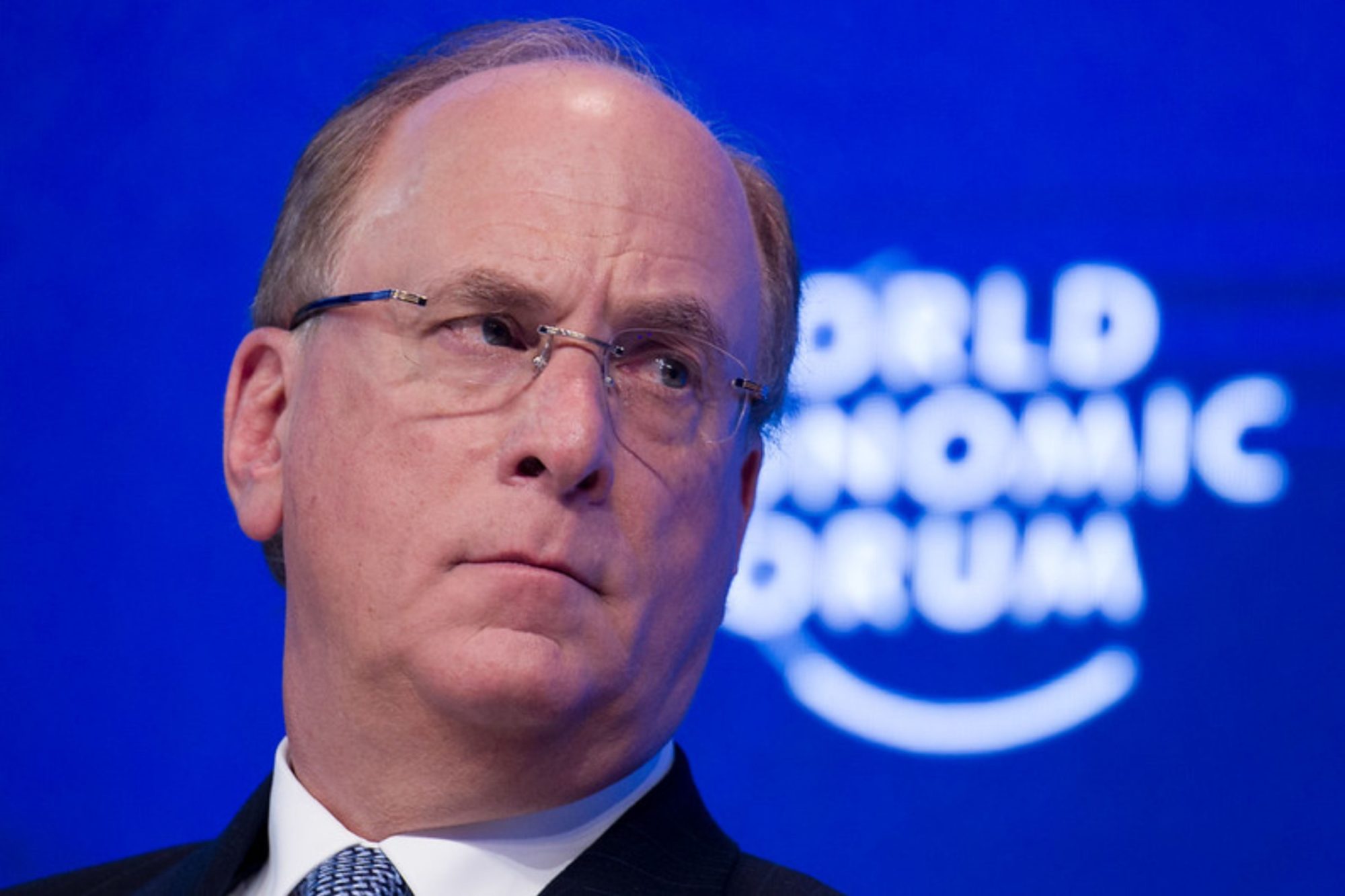In a previous post, I argued that private firms should not base decisions on their assessment of the impact on climate. The reason was that climate change is not only complex from a scientific, economic and statistical standpoint, but that it involves tradeoffs between conflicting groups of people that only governments should address. There is a fly in the ointment. Virtually all the economists whose work I follow argue that the best way to address climate related externalities is with a carbon tax – a view with which I heartily agree.
The problem is that a carbon tax does not offer a lot to politicians. Not only is it likely to be unpopular, it removes the opportunity to use climate change as a reason to engage in a host of pork barrel programs that can advance one's political career. In my home state of California, for example, we have dozens of special programs and subsidies designed to "combat climate change". Few, to my knowledge, have been subject to any rigorous cost benefit analysis. For instance, there are credits that are given to "zero emission vehicles" but not hybrid plug-ins. This despite the facts that zero emission vehicles are not zero emission because most of California's electricity comes from carbon fuels and that many plug-in hybrids actually produce less greenhouse gases (taking account of electricity generation) than ZEV muscle cars like the Tesla model S and X.
In short, climate change is such a large, complex and important issue - economists call it the mother of all externalities - that it opens the door to unprecedented levels of pork barrel politics. Hopefully, much of that will be avoided, but our track record is not a good one.











